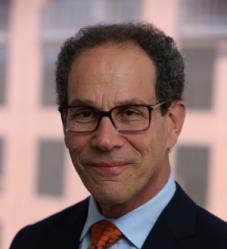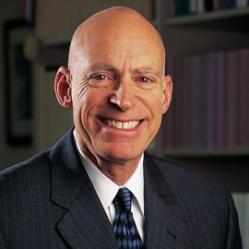A good tax system raises the revenues needed to finance government spending in a manner that is as simple, equitable, and growth-friendly as possible. Everyone agrees the U.S. tax system could be improved. Perennial calls for tax changes range from minor tune-ups to complete overhauls. There is strong disagreement, however, about which issues are the most important and how they should be addressed.
In 2005, President George W. Bush established the President’s Advisory Panel on Federal Tax Reform, which released a report entitled “Simple, Fair, and Pro-Growth: Proposals to Fix America’s Tax System,” proposing sweeping changes to the tax system. Today, presidential candidates of both parties are offering reforms.
On November 3, in commemoration of the 10th anniversary of the release of the Advisory Panel’s report, the Urban-Brookings Tax Policy Center hosted a discussion on the economic and political lessons of the panel’s report for tax reform going forward. The event featured a keynote address by Jason Furman, Chair of the President’s Council of Economic Advisers, and a panel discussion featuring key members and staff of the Bush Tax Panel, including Vice-Chairman John Breaux, Edward Lazear, James Poterba, Charles Rossotti and Rosanne Altshuler. The speakers also took questions from the audience.
How do we get to tax reform? Lessons from the Bush Panel
Agenda
-
November 3
-
Welcome
 Leonard E. Burman Institute Fellow - The Urban Institute, Co-founder - Urban-Brookings Tax Policy Center
Leonard E. Burman Institute Fellow - The Urban Institute, Co-founder - Urban-Brookings Tax Policy Center -
Keynote Remarks
 Jason Furman Aetna Professor of the Practice of Economic Policy - Harvard University, Nonresident Senior Fellow - Peterson Institute for International Economics, Former Brookings Expert @jasonfurman
Jason Furman Aetna Professor of the Practice of Economic Policy - Harvard University, Nonresident Senior Fellow - Peterson Institute for International Economics, Former Brookings Expert @jasonfurman -
What We Learned
 David Wessel Director - The Hutchins Center on Fiscal and Monetary Policy, Senior Fellow - Economic Studies @davidmwesselRARosanne Altshuler (Moderator) Tax Policy Center, Urban InstituteJBBJohn B. Breaux Former U.S. Senator (D-LA), Senior Counsel - Squire Patton Boggs LLP
David Wessel Director - The Hutchins Center on Fiscal and Monetary Policy, Senior Fellow - Economic Studies @davidmwesselRARosanne Altshuler (Moderator) Tax Policy Center, Urban InstituteJBBJohn B. Breaux Former U.S. Senator (D-LA), Senior Counsel - Squire Patton Boggs LLP James Poterba President - National Bureau of Economic Research (NBER), Mitsui Professor of Economics - MITCORCharles O. Rossotti Senior Advisor, The Carlyle Group; Member, Tax Reform Panel
James Poterba President - National Bureau of Economic Research (NBER), Mitsui Professor of Economics - MITCORCharles O. Rossotti Senior Advisor, The Carlyle Group; Member, Tax Reform Panel -
Q&A from the Audience
-

